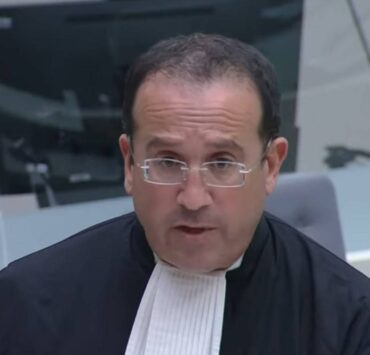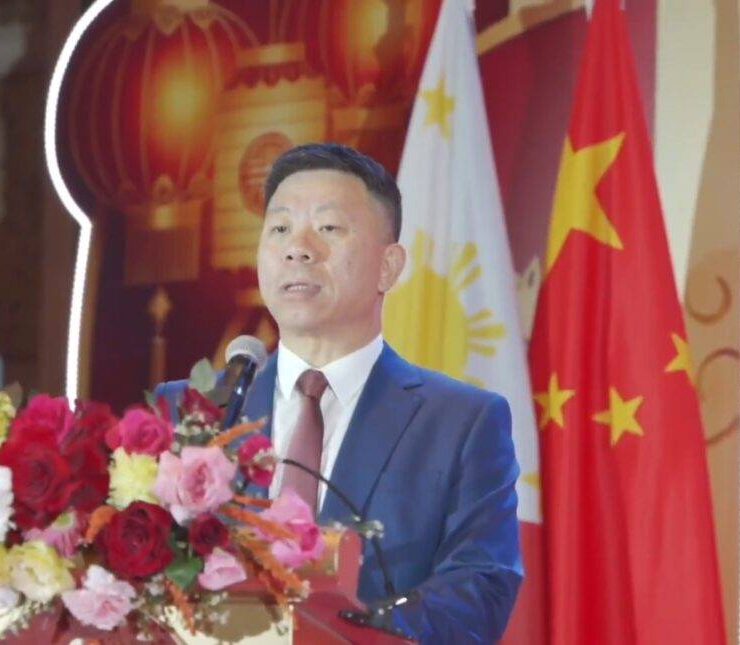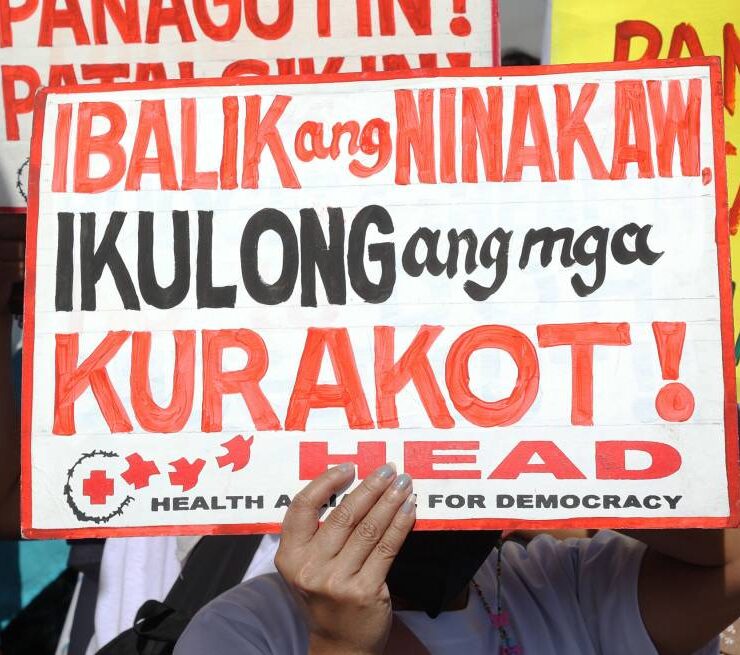Is there hope for BI?

Yet another controversy is brewing at the Bureau of Immigration (BI). This time, seven immigration staff members stand accused of aiding the trafficking of 206 Filipinos who were coerced into running online scams in Myanmar under brutal conditions.
For an agency long reputed to be a revolving door of corruption, it wasn’t surprising to learn that BI employees were allegedly complicit in human trafficking. Such allegations seem to have become second nature to a bureau whose officers are routinely dragged in all manner of rackets, from airport bribes to fugitive escapes.
Neither did it surprise anyone that the agency’s response has been to stick to a familiar playbook: relieve or suspend the suspects, launch an investigation, issue press statements, and wait for the public outrage to die down.
Last week, the trafficked Filipinos were repatriated in batches, the Department of Foreign Affairs (DFA) reported. The victims had been lured by offers of call center jobs in Thailand, only to be transported to Myanmar and forced to work in cryptocurrency scam operations. Many endured physical abuse and food deprivation when they failed to meet quotas, according to reports.
Country’s porous borders
The Filipinos’ ordeal is proof of just how porous the country’s borders have become, and how easily immigration officers can be co-opted by criminal syndicates. Immigration Commissioner Joel Anthony Viado admitted that detecting trafficking victims was more challenging, as syndicates were now recruiting people with clean travel records to pose as legitimate tourists.
But he failed to address the crucial question: How did so many Filipinos manage to slip out of the country undetected, given the much-touted tighter controls at the BI, including its controversial screening of outbound travelers?
Make no mistake about it: the BI should not carry the blame alone, for the responsibility of protecting Filipinos from trafficking also rests with the DFA and the Department of Migrant Workers (DMW). The DFA, which handles the repatriation of trafficked Filipinos, must do more than rescue victims after the fact—it must work proactively with foreign governments to crack down on trafficking networks. Meanwhile, the DMW must strengthen its oversight of manpower agencies and clamp down on illegal recruiters who prey on vulnerable Filipinos.
And then there is the BI, which is mandated to tread the delicate line between identifying trafficking victims and honoring the rights of passengers.
Profiling potential victims
To be fair, this is no easy task. Profiling potential trafficking victims at the airport must be done under strict regulations while protecting the right to travel. Past incidents have shown a disturbing tendency of some immigration officers to commit overreach, subjecting travelers, particularly young women, to excessive scrutiny and at times offloading them without just cause. But the fight against trafficking should not come at the expense of law-abiding Filipinos, and all measures implemented must be transparent and based on clear guidelines.
This isn’t the first, nor will it be the last, controversy to hound the BI. Just last month, a Korean fugitive testified at a Senate hearing that he paid P14 million to two Filipinos and a fellow Korean to escape the custody of three BI personnel after attending a court hearing in Quezon City on March 4. He was recaptured after five days.
Then there’s the issue of deportation dodging, where foreigners, many linked to illegal Philippine offshore gaming operators, vanished into thin air during transit flights. A recent Senate investigation revealed that 21 Chinese nationals arrested for scamming operations were set to be deported, only to disappear during a layover in Malaysia. Another 10 Vietnamese likewise evaded deportation after being allowed to take connecting flights.
An institutional disease
The BI’s excuse—that it has discretion to allow deportees to book their own flights—is so absurd and illogical it might as well be an invitation for foreign criminals to flee at their own convenience. Sen. Risa Hontiveros minced no words in describing the policy as “a boon to the continuation of transnational crimes.”
Is there hope for this agency?
Over the years, the BI has proven itself incapable of change, with corruption cases leading to mere dismissals and suspensions, while the system itself stays rotten. The government must recognize that token investigations, firings and vague promises of reform can’t cure a bureau that has been hijacked by crooks in uniform.
Purging corrupt personnel is not enough without systemic changes, such as stricter oversight mechanisms with real teeth and digital tracking systems that remove arbitrary human discretion from immigration decisions. It’s high time that the government stopped seeing BI scandals as isolated incidents and started treating them for what they are—symptoms of an institutional disease.





















